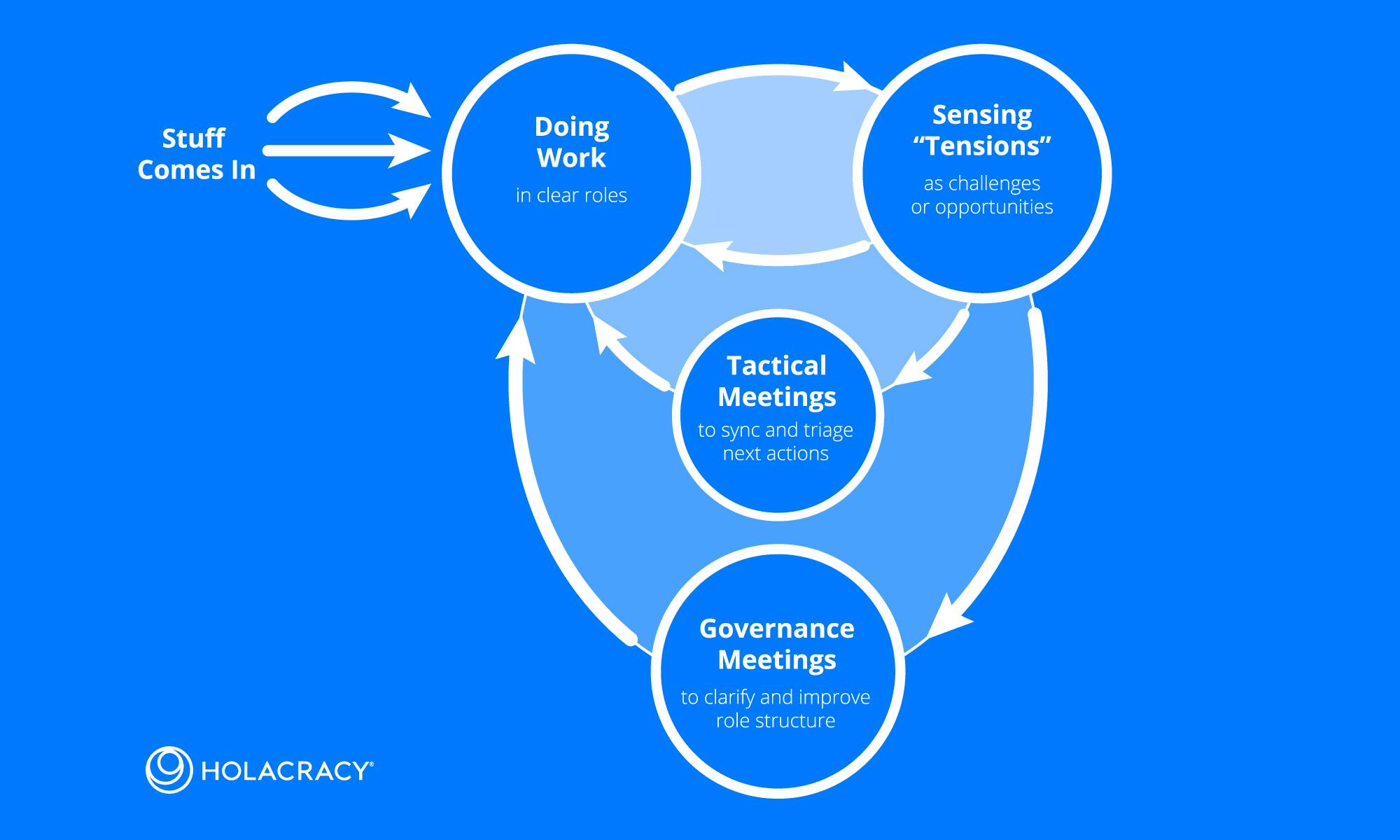Skip to content
 Core Value
Core Value

Far - Jakpat Mingmongkolmitr [Co-founder]
The Core Value
People Over Process
We trust in people. We seek for talents. Empower people not the process.
Process need to be lean as possible. It leverage people not enforce. Talents need agility and autonomous to perform. So do process should be.
To bring out the best in everyone, we need to adopt new management system → . TLDR; It’s all about authority. You don’t need permission to make things better. The authority is decentralized.


Manifesto for Software Craftsmanship
As aspiring Software Craftsmen we are raising the bar of professional software development by practicing it and helping others learn the craft. Through this work we have come to value:
That is, in pursuit of the items on the left we have found the items on the right to be indispensable.
Well-crafted software means code that is well designed and well tested. It is code that we are not scared to change and code that enables business to react fast. It is code that is both flexible and robust.
Steadily adding value means that no matter what we do, we should always be committed to continuously provide increasing value to our clients and employers.
A community of professionals means that we are expected to share and learn with each other, raising the bar of our industry. We are responsible for preparing the next generation of developers.
Productive partnerships means we will have a professional relationship with our clients and employers. We will always behave ethically and respectfully, advising and working with our clients and employers in the best way possible. We will expect a relationship of mutual respect and professionalism even if we need to take the initiative and lead by example.
Software Craftsmanship Practices
The only way to go fast, is to go well.
Software Craftsmanship does not have practices. Rather, it promotes a perpetual search for better practices and ways of working. Good practices are good until we discover better ones to replace them. Attaching specific practices to Software Craftsmanship would make it weak and obsolete as better practices are discovered. But that does not mean that the international Software Craftsmanship community does not advocate any practices.
Extreme Programming (XP) are considered as the best set of Agile development practices currently available. TDD, Refactoring, Simple Design, Continuous Integration, and Pair Programming are heavily advocated by the Software Craftsmanship community—but they are XP practices, not Craftsmanship practices. And they are not the only practices.
Craftsmanship also promotes Clean Code and SOLID principles. It promotes small commits, small releases, and Continuous Delivery. It promotes modularity in software design and any type of automation that removes manual and repetitive work. And it promotes any practices that improve productivity, reduce risk, and help to produce valuable, robust, and flexible software.
Craftsmanship is not only about technical practices, engineering, and self-improvement. It is also about professionalism and enabling clients to achieve their business goals. And this is an area where Agile, Lean, and Craftsmanship are in perfect alignment. All three have similar goals but tackle the problem from different but equally important and complementary perspectives.
Objective-Oriented Programming
Integrity & Trustworthy
Recognition & Feedback
Done reading? Click here. → 





+4
Two-Way Writeups
Add a topic
Dory: Topics for discussion
Done
Search
Idea
Author
Upvote
Notes
Done
Idea
Author
Upvote
Notes
Done
There are no rows in this table
Add your sentiment
Pulse: My sentiment
Sentiment
Reflection
Author
Sentiment
Reflection
Author
There are no rows in this table
0
Sentiment
Reflection
Author
Created on
Sentiment
Reflection
Author
Created on
There are no rows in this table
Average
0
Count
Want to print your doc?
This is not the way.
This is not the way.

Try clicking the ⋯ next to your doc name or using a keyboard shortcut (
CtrlP
) instead.